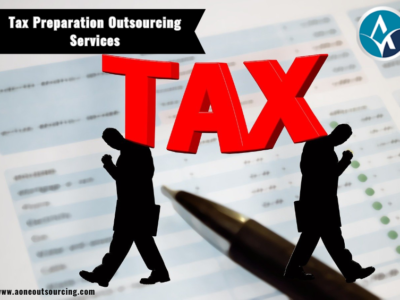
In a world obsessed with data and analysis, the role of the accountant transcends mere bean counting. They are the financial detectives, the data whisperers, unraveling the complex narratives woven into numbers. From the bustling boardrooms of corporations to the cozy home offices of entrepreneurs, accountants play a vital role in ensuring the smooth functioning of the financial ecosystem.
But who are these mysterious individuals who wield the power of spreadsheets and tax codes? Let’s delve deeper into the fascinating world of accountants, exploring their diverse roles, the skills they hone, and the impact they make.
Beyond the Stereotypes: A Spectrum of Roles
Far from the image of a solitary figure hunched over ledgers, the landscape of accountancy is rich and diverse. Here’s a glimpse into some of the key areas where accountants flourish:
Public Accountants: These independent professionals provide services like tax preparation, auditing, and financial consulting to individuals and businesses. They are the trusted advisors, ensuring compliance, maximizing financial potential, and navigating the complexities of the tax system.
Corporate Accountants: Embedded within the financial departments of companies, they handle tasks like budgeting, financial reporting, and internal audits. They are the financial stewards, safeguarding the company’s resources and providing insights to drive informed decision-making.
Government Accountants: Overseeing the public purse, they play a crucial role in ensuring the fiscal health of government agencies. They are the guardians of transparency, ensuring proper allocation of funds and adherence to regulations.
Forensic Accountants: These specialized investigators delve into financial records to uncover fraud, embezzlement, and other financial crimes. They are the financial detectives, using their expertise to bring perpetrators to justice and protect financial integrity.
Management Accountants: Focusing on internal operations, they analyze costs, identify inefficiencies, and provide insights to optimize business performance. They are the financial strategists, helping businesses make informed decisions for sustainable growth.
Tax Accountants: Masters of the tax code, they assist individuals and businesses in navigating the complexities of tax laws, ensuring compliance and maximizing deductions. They are the tax navigators, helping their clients minimize their tax burden and stay on the right side of the law.
The Skillset Arsenal: More Than Just Numbers
While mathematical prowess is a cornerstone of the accountant’s skillset, their toolbox extends far beyond crunching numbers. Here are some of the essential attributes that make them successful:
Analytical Thinking: Deciphering financial data, identifying trends, and drawing insightful conclusions are core competencies.
Problem-Solving: Accountants must be adept at tackling complex financial challenges and finding effective solutions.
Communication: Effectively conveying financial information to diverse audiences, both technical and non-technical, is critical.
Attention to Detail: Accuracy and meticulousness are paramount in ensuring the integrity of financial records and reports.
Business Acumen: Understanding the broader business context and its impact on financial performance is essential for strategic impact.
Technology Savvy: Proficiency in accounting software and data analysis tools is crucial in today’s digital landscape.
The Impact They Make: Beyond the Bottom Line
The contributions of accountants extend far beyond balancing the books. Here’s how they make a tangible difference:
Boosting Economic Growth: By ensuring financial stability and compliance, accountants contribute to a healthy business environment, fostering economic growth and job creation.
Protecting Investors and Creditors: Through audits and financial reporting, they provide transparency and assurance, safeguarding the interests of investors and creditors.
Combating Fraud: Forensic accountants play a vital role in deterring and uncovering financial crimes, protecting individuals and businesses from financial losses.
Empowering Individuals and Businesses: By providing tax advice and financial planning, accountants help individuals and businesses make informed financial decisions, achieving their financial goals.
Driving Sustainability: By analyzing and reporting on environmental and social impacts, accountants can help businesses operate more sustainably.
The Future of Accountancy: Embracing Change
The world of accountancy is constantly evolving, driven by technological advancements and changing regulations. To stay ahead of the curve, accountants need to embrace:
Automation: Leveraging technology to automate repetitive tasks will free up time for higher-level analysis and strategic thinking.
Big Data Analytics: Utilizing data analytics tools to gain deeper insights from financial data will be crucial for informed decision-making.
Cybersecurity Awareness: As reliance on technology grows, understanding and mitigating cybersecurity risks will be essential.
Evolving Regulations: Staying abreast of changing regulations will ensure compliance and protect clients’ interests.
Continuous Learning: Lifelong learning is crucial for accountants to stay updated on the latest trends and technologies.
In conclusion, accountants are not just number crunchers; they are financial storytellers, detectives, and strategists. They play a vital role in ensuring the financial health of individuals, businesses, and governments. As the world continues to evolve, their adaptability, diverse skillset, and commitment to ethical practice will remain key to navigating











